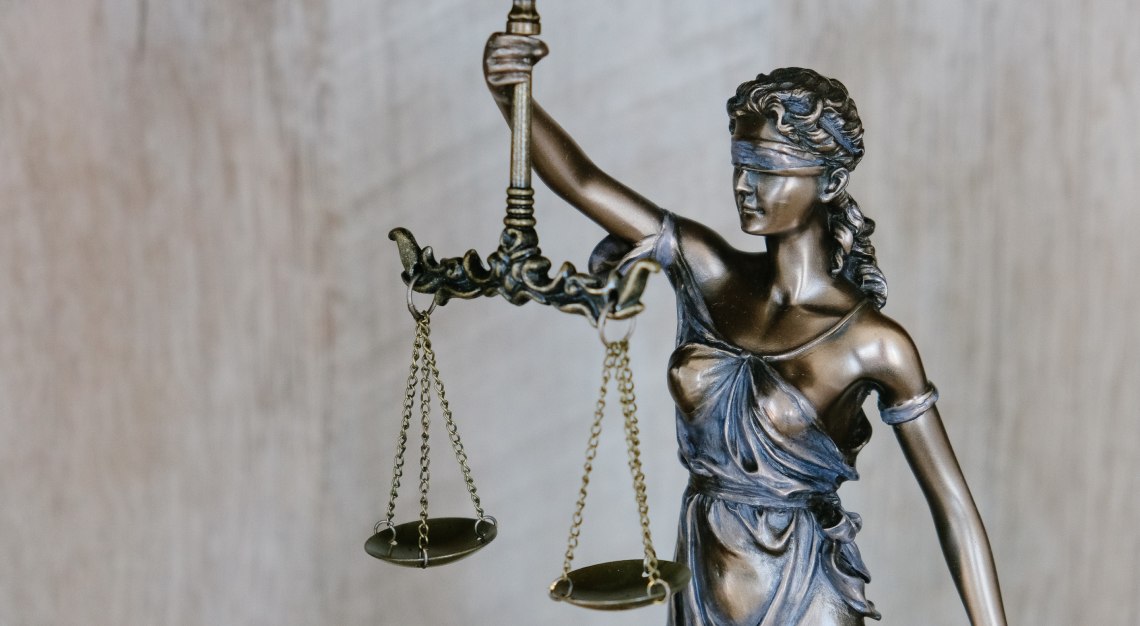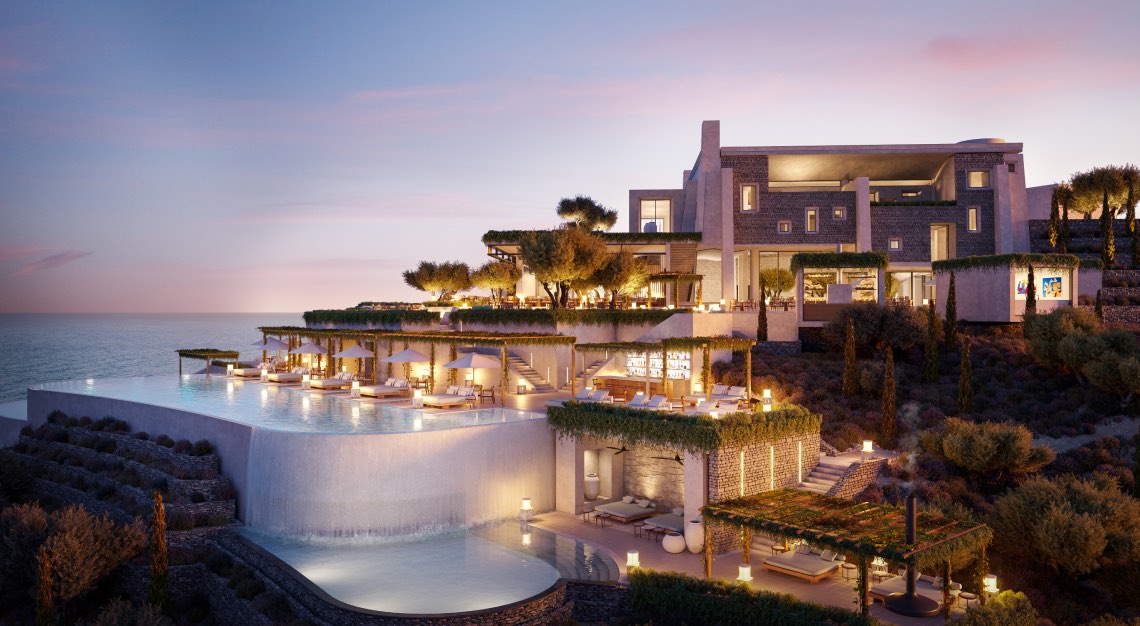Leadership and thought need to take different directions, suggests Andrew Leci, who considers it high time to poke the hornet’s nest
“We all believe in democracy, my dear, but some of us are too well mannered to practise it.”
I can’t remember where and when I first heard this quote – I may even have dreamt it or made it up – but it’s probably from an Oscar Wilde play. It must have struck me at the time as being both funny and cynical, which are two of my favourite characteristics, but it’s only now – in my dotage – that I feel there may be more to the quotation than can usually be attributed to a throwaway gag.

Democracy has been an important political system for the best part of the last 300 years, although 18th century thought leaders suggested that the antecedents lay with the ancient Greeks – demos in Greek means people, and kratos = rule or power. More than 2,000 years ago the concept gathered a little momentum and partially worked, which is faint praised and instantly damned.
Simply put, it’s the shared responsibility of a population to make the decisions that affect everyone and is distinct from monarchic and oligarchic systems where very small groups of people (often as small as one) make all the decisions and, generally speaking, most of everyone else suffers.
While the move towards and to democracy sounds both enlightening and born out of The Enlightenment, it has never been universally adopted as there is far too much mischief and money to be made in the process.
I’m going to stick my neck out here and aver that democracy simply doesn’t work and we need our thought leaders out there and in here to come up with a different system. If not completely different, then something similar to that which has gone before, but with a few modernistic tweaks for fun and good measure.

There are several reasons why democracy doesn’t work and should be abolished, and most of them involve people. In a democracy there are politicians – there have to be, unfortunately – and in the immortal words of Scottish comedian Billy Connolly, “The desire to be a politician should bar you for life from ever being one.” I have always maintained that those individuals who want power are the least qualified to wield it. The lust for it alone reflects an unhealthy psychopathy as many autocrats and dictators through history have proven. Show me someone who doesn’t want to be in a position of power, and I’ll point to the same individual who should be. It may sound like a paradox, but it isn’t.
Where do we find these people? They’re everywhere. The problem is that they’re unlikely to put their best feet forward and their hands up at election time, which means that we have to identify them, remove them from their closets or places of retreat and political inactivity, and give them countries to govern. They will rule on their own, pretty much, as enlightened despots, and I genuinely think that the world will be a better place for it.
If this is beginning to sound as though I’m advocating ‘dictatorships’, it’s because I am. It is, however, dictatorship of a different kind to which we readily associate – think Amin, Stalin, Pol Pot, Ivan the genuinely Terrible – as the new breed of leaders will be benevolent and only concerned with ameliorating the lives of their subjects and bettering humankind. Their word would be law, of course, and there can be no dissenters, but as these individuals would be those who didn’t want the power in the first place, megalomania and the problems associated therewith wouldn’t be an issue. Our new despots would be almost certain to possess the credentials (both psychological and emotional) that will enable them to get the job done. With care and sensitivity.

Our enlightened dictators will seek counsel, naturally. Not being psychotic, power-hungry narcissists would mean that they will be good judges of character and surround themselves with other people who eschew power but can be relied on to impart good advice. In many ways this is how successful businesses operate. There is always someone at the very top of the corporate food chain who sits at the desk where the buck stops, but he or she will have put together a team of qualified underlings with the appropriate acumen and will consult them from time to time before choosing whether or not to accept the proffered advice.
The person with the power makes the ultimate decisions – as will be the case with my ‘new’ system of government – but we can all be confident that our leaders in thought and deed will make the decisions that benefit the majority of people for most of the time and for the right reasons. It’s possible that these will be at the expense of ‘the few’, but them’s the breaks, and there aren’t very many of them anyway. That’s why they’re ‘the few’. “Suck it up for the greater good,” say I.
Benevolent dictators are empathetic, caring/sharing, touchy/feely people who recognise what the vast majority of people on this planet actually need, to wit: somewhere to live; access to healthcare; employment, education, economic stability and personal safety. While these may sound like basic and fundamental requirements and even the natural, inherent expectations of a human being, it’s depressing to enumerate those around the world who wouldn’t even be able to tick a third of the boxes in an assessment of the factors laid out above.
Many people suggest that we get the governments and leaders that we deserve, and while simplistic in its ontology, it may well be true. My proposal, while potentially indecent, is that we all deserve better, and a radical change in thought and leadership may not be such a bad thing.






